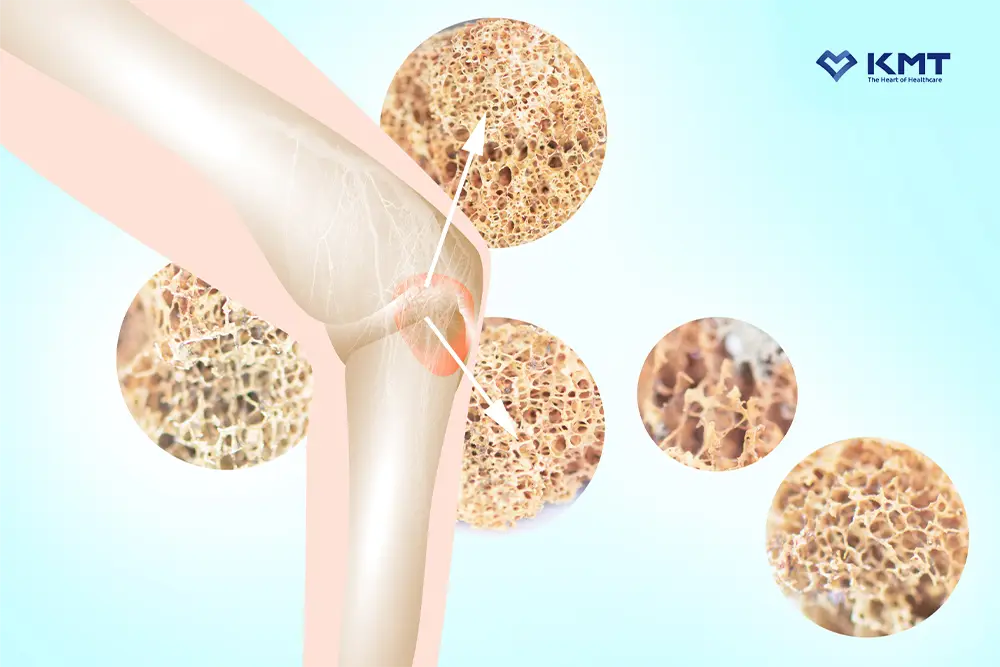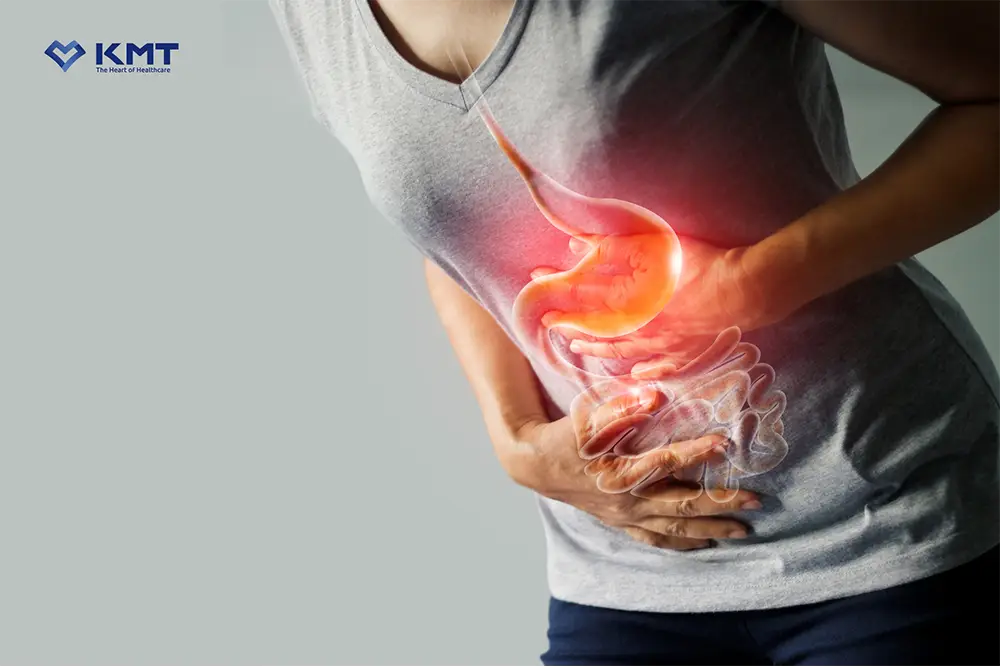Symptoms, issues, and treatment methods
Osteoporosis, also referred to as “bone fragility” or “bone density loss,” is a medical condition characterized by weakened and brittle bones due to a decrease in bone density and the deterioration of the bone matrix. In this condition, the balance between bone production and absorption is disrupted, leading to reduced bone density and an increased risk of bone fractures.
The primary cause of osteoporosis is the reduction in bone density, which occurs mainly due to a decrease in estrogen production in women after menopause and a decrease in testosterone in men. Other factors can also contribute to the development of this condition, including genetic factors, vitamin D deficiency, calcium deficiency, and inadequate physical activity.
Symptoms of osteoporosis typically do not manifest in its early stages, but over time, bone fractures, height loss, bone pain, and curvature of the spine become evident. Osteoporosis is often diagnosed by measuring bone density using a DEXA (dual-energy X-ray absorptiometry) scan.
Here are some important factors and causes of osteoporosis:
- Decreased estrogen production: In women, a reduction in estrogen production after menopause can lead to osteoporosis. Estrogen plays a crucial role in maintaining bone density, and its decline can weaken bones.
- Decreased testosterone levels: In men, reduced testosterone levels can contribute to osteoporosis. Testosterone is important for bone health and density.
- Genetic factors: Some individuals may be genetically predisposed to osteoporosis. A family history of the condition can increase the risk.
- Calcium and vitamin D deficiency: Calcium and vitamin D are essential for bone health. A deficiency in these nutrients can lead to osteoporosis.
- Psychological factors: Stress, anxiety, depression, and insufficient sleep can negatively impact bone health and contribute to osteoporosis.
- Long-term use of specific medications: Some drugs, such as corticosteroids, anticonvulsants, and certain cancer medications, can have adverse effects on bone health and lead to osteoporosis.
- Age-related factors: Bone density naturally decreases with age, with the process often starting after the age of 30 and accelerating with age. In women, decreased estrogen levels after menopause lead to a higher risk of osteoporosis. In men, osteoporosis typically occurs at a later age, usually over 60 years old.
- Gender: Women are generally at a higher risk of developing osteoporosis. After menopause, estrogen levels significantly decrease, leading to reduced bone density. In men, testosterone levels decrease with age, which can contribute to osteoporosis. However, osteoporosis in men usually occurs at an older age.

Preventive measures for osteoporosis include:
- Adequate calcium intake: Consuming enough calcium through dietary sources like dairy products, leafy greens, and fish can help maintain bone density. Calcium supplements may be recommended if necessary.
- Vitamin D supplementation: Vitamin D aids in calcium absorption and is essential for bone health. It can be obtained through dietary sources such as fatty fish, eggs, mushrooms, and fortified products. Some individuals may require vitamin D supplements.
- Regular physical activity: Exercise and regular physical activity strengthen bones and help maintain bone density. Activities like walking, running, swimming, tennis, and weightlifting can be beneficial. Consult your healthcare provider before starting any exercise program.
- Avoiding smoking and excessive alcohol consumption: Smoking and excessive alcohol intake can contribute to osteoporosis. Quitting smoking and limiting alcohol consumption to moderate levels is advisable.
- Maintaining a healthy weight: Keeping a healthy weight and preventing excessive weight loss or gain can aid in bone health. A balanced diet and regular physical activity help maintain a healthy weight.
- Regular medical check-ups: Periodic bone density measurements, such as DEXA scans, help monitor changes in bone density and allow for necessary preventive or treatment measures.



